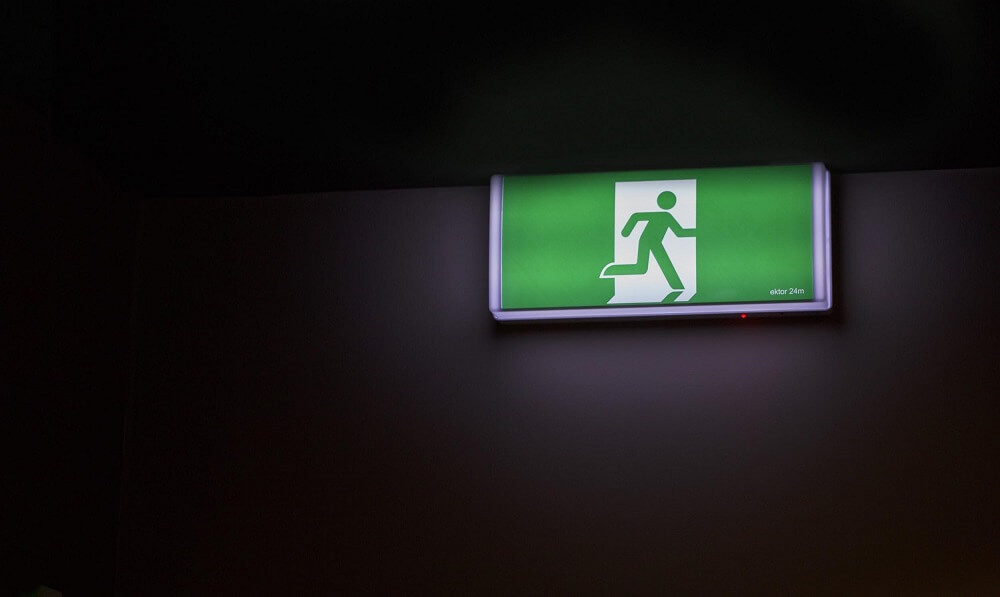When intense feelings of sadness, including the feeling of helplessness, hopeless and worthless, take longer than a few days and prevent us from functioning normally, then we can talk about a depressive episode.
Depression is a disease that in time affects our thinking, the feelings and the good functioning of life overall. That is why it is very important to pay great attention to all the factors that signal us of possible depression and to treat it in a timely way.
According to the National Institute of Mental Health in the UK, symptoms vary from individual to individual. How serious they are, how frequent they are, and how long it lasts, will vary depending on the person and the peculiarities of mental disorder.
Alarm signals for depressive episode

Precursor signs make their presence felt 3-6 weeks before the onset of the depressive episode.
Insomnia has to get us a first alarm signal. More specifically, waking up at very early hours, 4-5 a.m., unable to sleep and the impression that the night is over. Also, the loss of energy, lack of force and chronic fatigue are signs of a future depression. The subject tends to strive to do everything without carrying anything to the end.
People around the patient should pay attention to the disorders that he suffers when he is on the verge of depression. These disorders are manifesting like impulsiveness and irritability for which the patient blames himself. The subject becomes intolerant, hardly supports the small tracings of everyday life. He is restless and sometimes tends to drink more and more alcohol.
The patient becomes intolerant to noise, which makes him feel irritated, though before he could stand those noises without any problems. He isolates himself, moves away from the children and close people, which he finds too noisy. He finds that food no longer tastes good, and appetite decreases considerably.
How do we stop the evolution of depression?

First of all, consult a specialist. The psychiatrist will be able to appreciate the importance of depression repercussions. Either you choose to prescribe a treatment with antidepressants, or you will opt for treatment in as low doses as possible to quickly relieve certain symptoms such as insomnia. It is very important for the person who is suffering from depression to sleep because it recovers little by little his straight.
Consulting a specialist is not enough. It must be accompanied by going out, walking or sports. Retrieve the activities you enjoy and stay out of worry.
When people are depressed, they tend to retire from their social circles. They no longer enjoy social interactions and consider themselves a bad company. If they spend more time alone and less time around people whose company they would like, depression gets worse, leading to more time spent isolated – it’s a vicious circle.
Don’t be afraid to ask for specialised help. Psychotherapy can help you lead a healthy life.